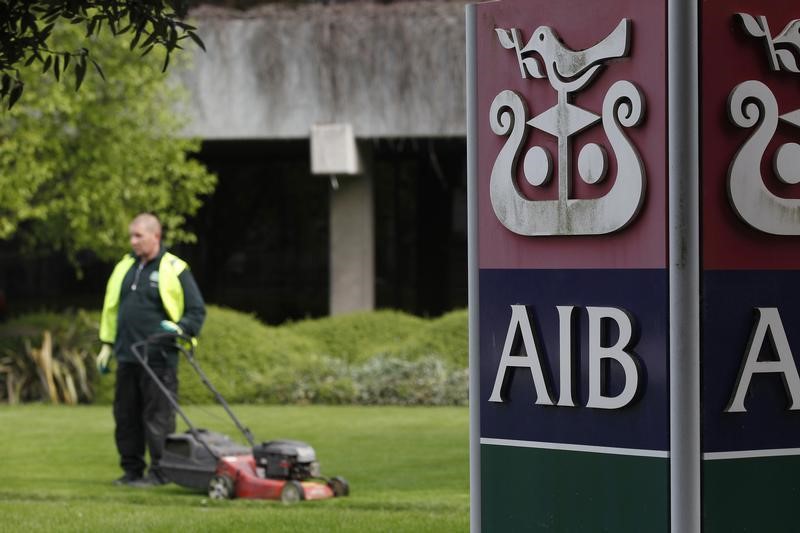Gold prices set for weekly gains on dovish Fed outlook; silver near record high
By Laura Noonan
DUBLIN (Reuters) - Bailed-out Irish lender AIB (I:ALBK) will meet staff later on Tuesday morning to announce the results of a review of its informational technology services, which could lead to hundreds of job cuts, the head of the Irish bank workers' trade union said.
"We expect to hear that the bank has made a decision to outsource a substantial number of the IT jobs," Larry Broderick, head of the IBOA union, told RTE radio. Irish media had reported that as many as 450 jobs could be cut.
Broderick added that any cuts were particularly concerning "at a time when AIB has come back into profitability and (employees have) made significant sacrifices to turn the bank around".
A spokeswoman for AIB declined to comment on the potential job losses. "There's an ongoing review of IT services of the bank as previously reported in October 2013," the bank said in a statement.
"The review is being carried out in full consultation with the unions."
Ireland's Department of Finance, which oversaw a 21-billion-euro (16 billion pound) bailout of AIB at the height of the financial crisis, on Monday announced that it had appointed Goldman Sachs to advise on a sale of the bank and that it was confident it would recoup its full investment.
Profits
After five years of bruising losses AIB turned a profit for the first three quarters of 2014 and has begun 'writing back' some of the provisions it took against loans judged unlikely to be repaid in full.
The bank, Ireland's second-largest by assets, has already cut staff numbers substantially. It employed the equivalent of 11,385 full time workers in June 2014, down 1,333 on the figure a year earlier. In 2008, before the crisis hit, it had about 26,000 staff before the crisis, of which about 10 percent were part-time.
The massive fall in AIB's staff numbers, a politically-sensitive issue for a state-owned bank in a country with historically high unemployment, was achieved through a combination of selling off businesses, redundancies and not replacing staff who left.
Unions have fought for workers to get payouts above the legal minimum in Ireland in previous rounds of cuts. They will do likewise this time.
"Our members interests' must be taken very seriously indeed," Broderick said.
